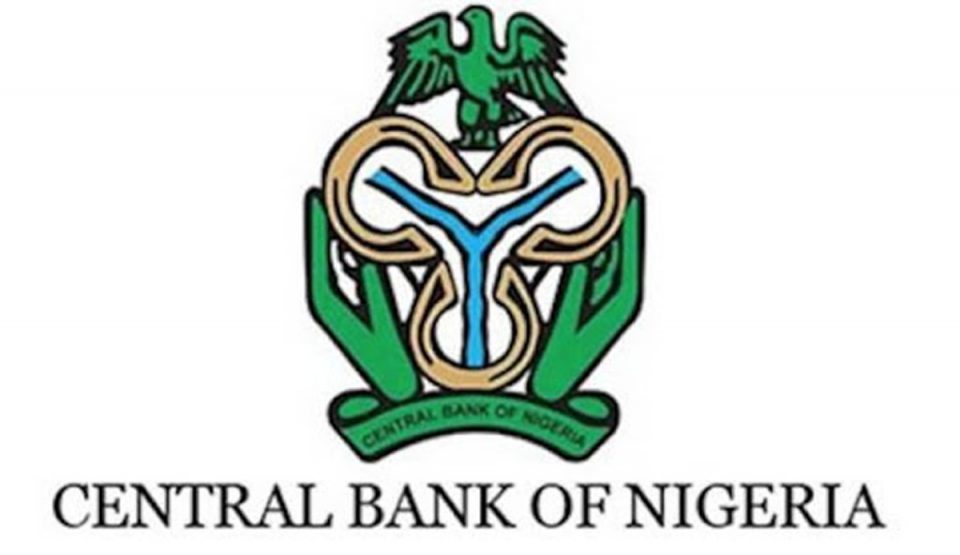Indications have emerged that banks may lose not less than 30% of the N36 trillion total customers’ deposits if depositors react negatively to the new minimum interest rate on savings deposit by the Central Bank of Nigeria (CBN).
The CBN recently instructed deposit money banks in the country not to pay less than 1.25% in interest on savings deposit accounts. It was the consensus opinion of analysts that the new reduction would shrink banks’ deposit base by 30% as they claimed that depositors would look elsewhere to invest their money.
The CBN, in a circular last week to all banks, directed that the minimum interest rate on savings deposit be reduced to a minimum of 10% of MPR, or 1.25%, from the previous minimum of 30% of MPR, or 3.75%. According to the circular, the new interest rate regime took effect from September 1, 2020.
The CBN “noted with satisfaction the recent declining trend in market rates in the banking sector, following the implementation of policies aimed, among others, at stimulating credit flow to the real sector”.
The new development, according to analysts, would lead to a slight reduction in banks’ funding cost as the negative real interest rate on customer deposits widens.
Analysts at FBNQuest Research noted that some policies rolled out by the CBN, like the exclusion of non-bank corporates from participation in OMO auctions and the increase in banks’ minimum loan-to-deposit (LDR) ratio to 65%, have been particularly effective in exerting a downward pressure on interest rates.
According to them, “Broadly speaking, given that savings deposits account for around 20% of the deposit liabilities of commercial banks, the new directive should be positive for banks in terms of a slight reduction in their overall cost of funds. “All else being equal, our back of the envelope calculations indicate that on average, the cost of funds for our universe of banks could potentially decline by around 50 basis points in Q4. In terms of earnings impact, we estimate an average increase of around +8% in the 2020 Profit Before Tax (PBT) for our bank’s universe.
“Banks with already low cost of funds such as GT Bank and Zenith will benefit the least from the interest rate reduction. However, given the stringent rules around interest on savings, we doubt that the impact will be that material. Our reason is simple. Statutory provisions indicate that customer savings accounts will be ineligible for (monthly) interest rate payments in any month where a customer makes more than four withdrawals.”
For banks’ customers, the analysts said: “Given an inflation rate trending above 12 percent (12.8% July 2020), the negative interest earned on savings deposit accounts will widen to -11.5 percent from the -8.7 percent rate implied by the former interest rate regime.
“Despite limited investment outlets due to the subdued interest rate environment, we believe that some bank customers might be encouraged to take a second look at alternative asset classes such as equities.”
The low-interest-rate environment for savings, according to Anor Anyanwu, former Executive Director, Mainstreet Bank, “is eroding trillions of naira in value for Nigerians who keep money in the banking system”.
The total money supply in the country as at July 2020 was N36.8 trillion, up by over N2 trillion from December last year, and the highest on record.



